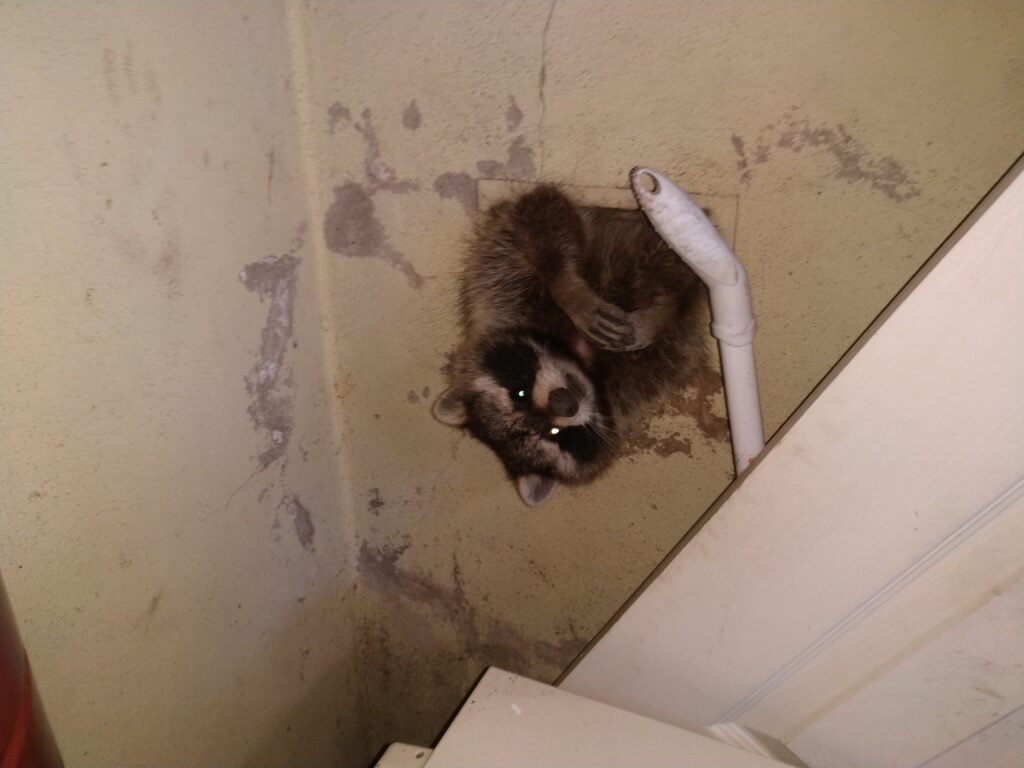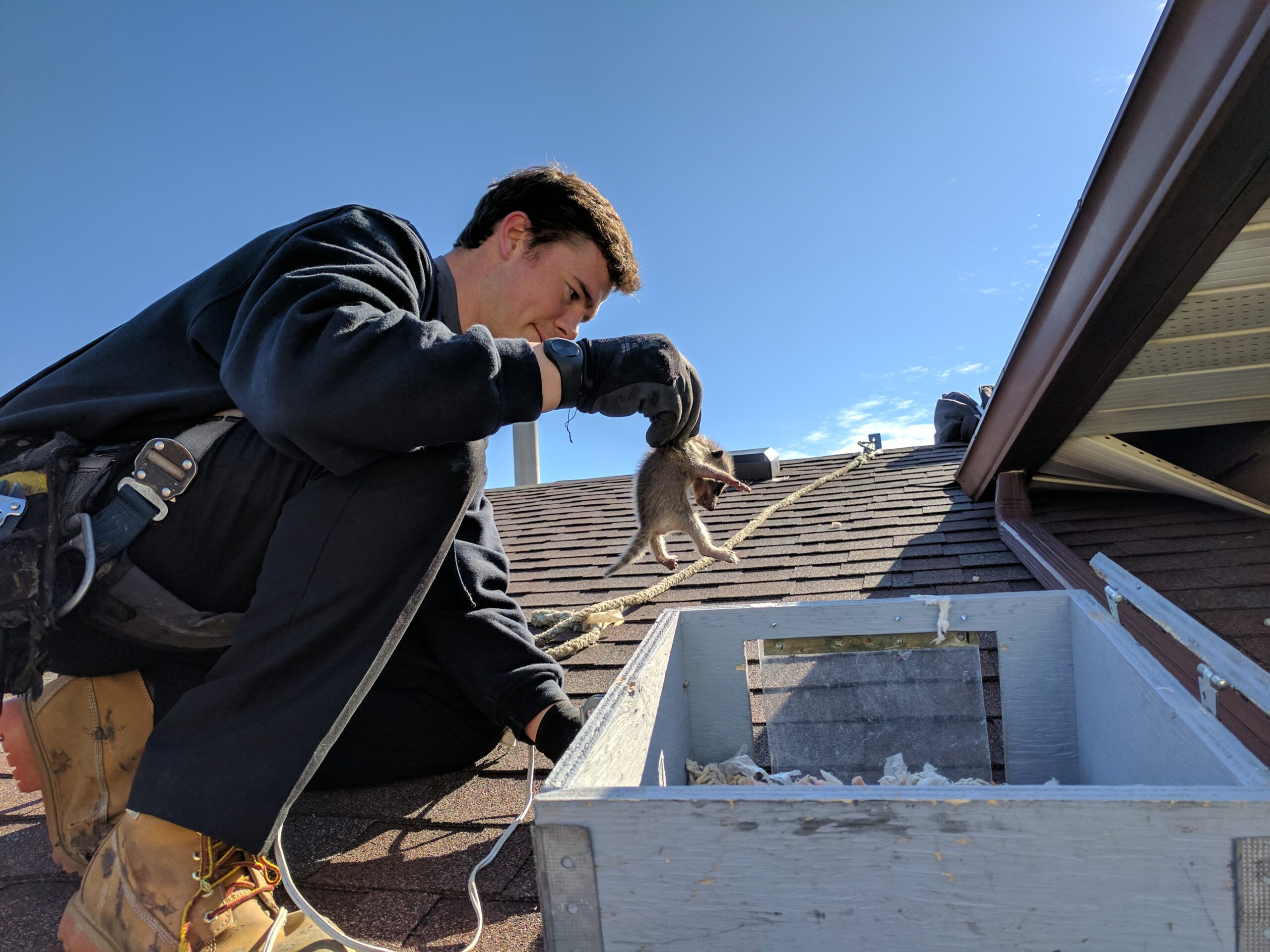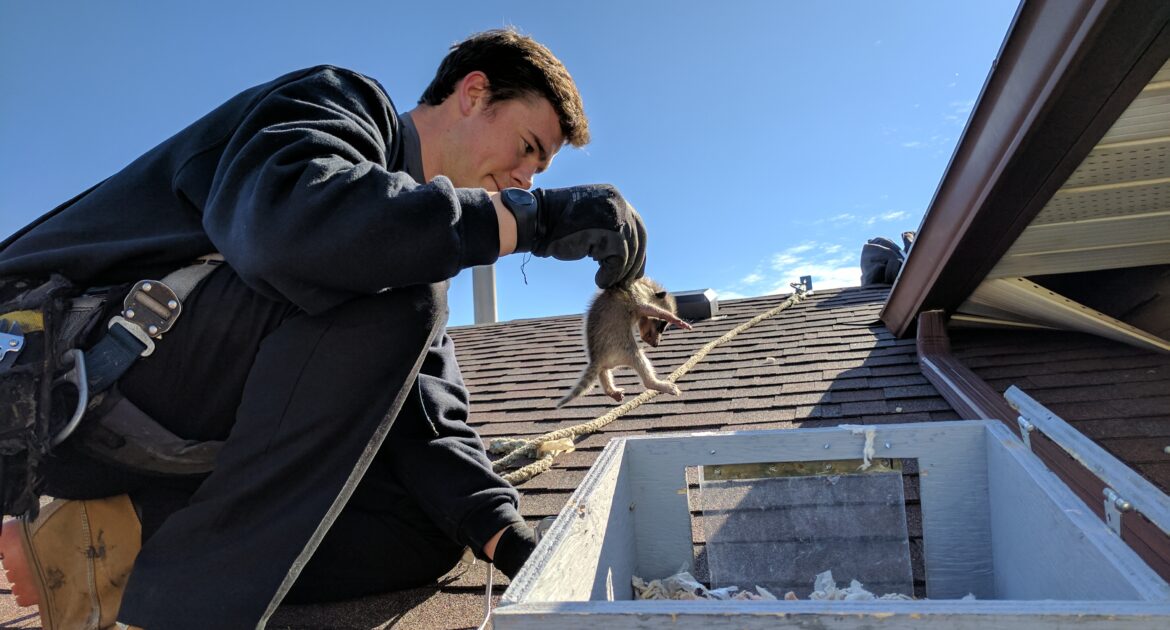If you’ve ever come across raccoons on your property or in the wild, you may have assumed that they are relatively peaceful critters. Raccoons, after all, often live off of fruit, nuts, insects, and the contents of your garbage bin. Surprisingly, these masked bandits are prey to a number of formidable animals. Raccoons also have a few frightening defence mechanisms of their own. Consider a few key facts that may help you better understand the dangers your seemingly friendly neighbourhood raccoons face and how they may pose a threat to your family.
Big Cats
Like so many other small mammals, raccoons are hunted by various types of big cats, including mountain lions and bobcats. These cats can bring down raccoons of any size and age. In fact, cats keep ecosystems in balance by preventing raccoon populations from growing too large.
Wolves and Coyotes
Wolves and coyotes, animals known for hunting in packs, are also on raccoons’ list of predators. These carnivores can take on young and adult raccoons, alike, even when the hunter is separated from its pack.
Humans
Humans, whether intentionally or unintentionally, can also lead to the demise of raccoons. For instance, some people trap, poison, shoot, or use dogs to get rid of bothersome raccoons. This may occur when these monochromatic mammals dig into a homeowner’s trash or eat a farmer’s chicken eggs. Likewise, humans may want to eliminate rabid raccoons that pose a health risk to people and animals. Raccoons are even sought after for their pelts.
In many instances, humans’ everyday activities negatively impact raccoon populations. These ringed critters lose their habitats as more and more land is developed, and they may also be hit by cars on highways.

Other Predators
Raccoons may be hunted by yet more predators in some environments. Namely, foxes and great horned owls. Both of these critters tend to target young raccoons.
Defence Mechanisms
People, and their pets, should avoid approaching raccoons because these cute mask-wearers know how to defend themselves. Raccoons generally give a couple of warning signs before using their teeth and claws to launch an attack. Because these creatures can carry rabies, it’s essential that you and your family heed these signals. For one, raccoons may make a number of intimidating noises ranging from hissing to growling to shrieking. Additionally, these ring-tailed animals may jump up and down, raise their tail, and arch their back to appear larger.
Managing an Infestation
If you have noticed one or more raccoons hanging out on your property for extended periods of time, you may need to address the situation. Not only can raccoons make a mess of the contents of your trash can, but they can also physically harm or spread diseases to you, your family, or your pets.
Because raccoons are always ready to defend themselves, it’s critical that you reach out to professionals to safely remove these critters from your space. At your local Skedaddle Humane Wildlife Control, we handle wildlife removal in Markham with the utmost care so that neither you nor the animal is harmed.
Our approach to raccoon control is threefold. First, we thoroughly inspect your property to get an accurate picture of the extent of the infestation and what may have caused it. Once this is complete, we remove the existing raccoon population. Second, we help clean up any mess or damage the critters may have left behind, even if that means replacing the insulation in your attic. Finally, we help put preventative measures into place to ensure the problem does not reoccur. This may involve sealing up potential entry points.
Are you ready to empty your property of all raccoons? Give the Markham Skedaddle team a call today.




